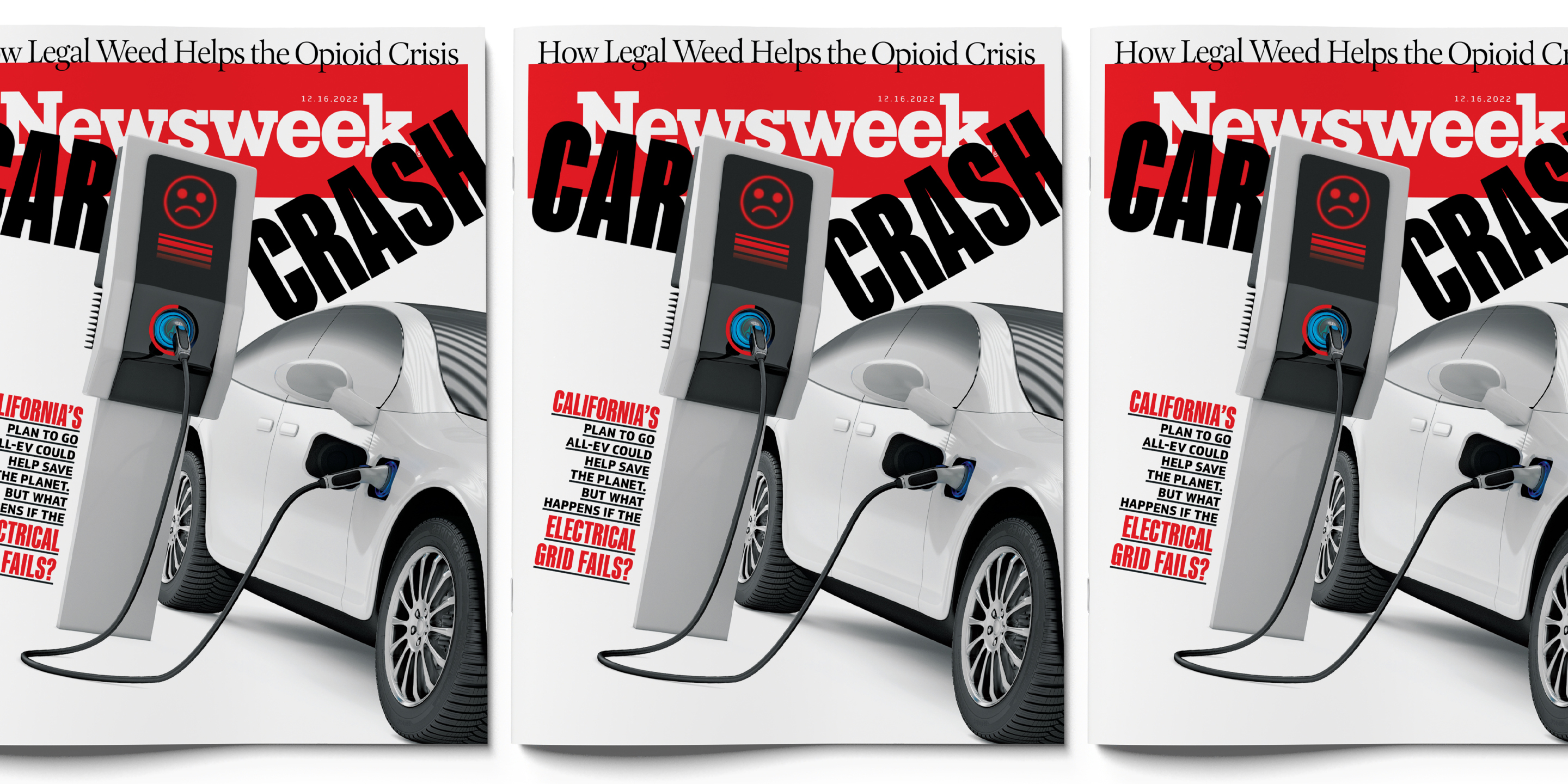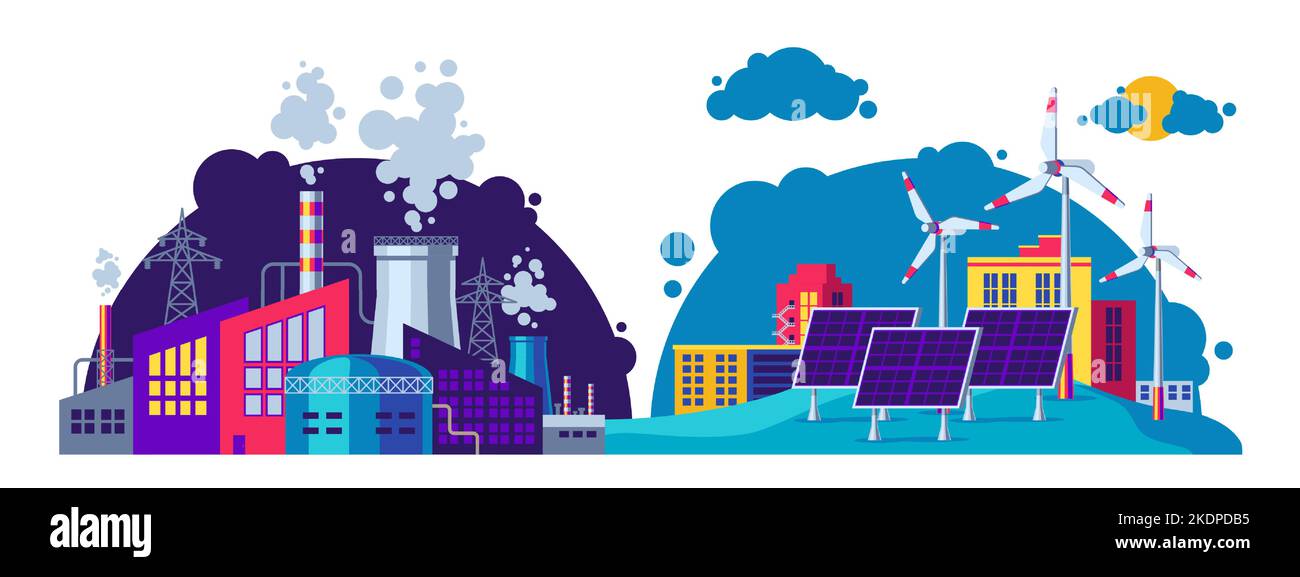EV Mandate Opposition Grows: Car Dealers Push Back

Table of Contents
Economic Concerns Fuel Dealer Resistance
EV mandates present substantial financial burdens for car dealerships. The transition to an EV-centric market requires significant upfront investments and operational changes that many dealerships find challenging to absorb. These economic concerns are a primary driver of dealer resistance to EV mandates.
-
High Upfront Investment in EV Infrastructure: Dealerships need to invest heavily in charging stations, specialized EV servicing tools, and potentially even renovations to accommodate the unique needs of electric vehicles. This represents a substantial capital expenditure that can strain smaller dealerships. The cost of EV infrastructure investment is a major barrier to entry for many.
-
Need for Specialized EV Technician Training: Maintaining and repairing EVs requires specialized training and certifications for technicians. This necessitates significant investment in employee training programs, adding to the overall financial burden. The lack of qualified EV technicians further exacerbates this issue.
-
Potential for Decreased Profit Margins on EVs: Currently, the profit margins on EVs are often lower than those on gasoline vehicles. This is partly due to higher manufacturing costs and the intense competition in the EV market. Many dealers are concerned that their profitability will suffer as EV sales increase. This impacts dealer profitability significantly.
-
Uncertainty about Consumer Demand for EVs in Certain Markets: Consumer adoption of EVs varies greatly depending on geographical location, demographics, and infrastructure availability. Dealers in regions with lower EV adoption rates face greater uncertainty and higher risk in making significant investments in EV infrastructure and training. Gasoline vehicle sales remain a significant source of revenue for many, making the transition more challenging.
Challenges in EV Sales and Consumer Readiness
Even with government incentives, dealerships face significant hurdles in selling EVs. Consumer readiness and practical limitations surrounding EVs create substantial challenges.
-
Longer Sales Cycles Due to Customer Education Needs: Educating customers about EVs, their charging requirements, range limitations, and overall ownership experience takes longer than selling traditional gasoline vehicles. This extends sales cycles and reduces dealer efficiency.
-
Range Anxiety and Charging Infrastructure Limitations: Range anxiety, the fear of running out of battery power, remains a major concern for potential EV buyers. The limited availability of public charging stations, especially in rural areas, further exacerbates this issue. Addressing range anxiety and improving charging infrastructure are crucial for widespread EV adoption.
-
Higher Purchase Prices Compared to Comparable Gasoline Vehicles: EVs generally have a higher initial purchase price than comparable gasoline vehicles. This price difference can be a significant barrier for many consumers, impacting sales volume.
-
Lack of Consumer Awareness Regarding EV Incentives and Benefits: Many consumers are unaware of the various government incentives and tax credits available for purchasing EVs. Improved communication and education regarding EV incentives are necessary to stimulate consumer demand.
The Impact of Government Regulations and Support
Government regulations and support programs play a critical role in shaping dealer resistance to EV mandates. Insufficient or poorly designed policies can exacerbate the challenges faced by dealerships.
-
Insufficient Government Incentives for Dealerships to Invest in EV Infrastructure: Governments need to provide substantial financial incentives to encourage dealerships to invest in the necessary EV infrastructure, including charging stations and specialized tools.
-
Conflicting or Unclear Regulations Regarding EV Sales and Service: Complex and inconsistent regulations surrounding EV sales, servicing, and warranty claims create uncertainty and administrative burdens for dealerships.
-
Slow Rollout of Charging Infrastructure by Government Agencies: The slow pace of public charging station deployment by governments adds to consumer range anxiety and further hinders EV sales.
Dealer Associations and Lobbying Efforts
National and regional dealer associations are actively lobbying against or seeking modifications to EV mandates. These efforts aim to address the economic concerns and practical challenges faced by dealerships. For example, the National Automobile Dealers Association (NADA) in the US actively participates in lobbying efforts related to EV policies and infrastructure development. Their advocacy focuses on securing support for dealers during the transition to EVs. Other regional associations engage in similar lobbying efforts, advocating for policy changes to better support their members.
The Future of EV Mandates and Dealer Opposition
The key arguments against EV mandates center on the significant economic challenges for dealers, consumer readiness concerns, and the inadequacy of current government support. Dealer opposition poses a significant threat to the successful implementation of EV mandates. The future of EV mandates will likely depend on finding a balance between promoting electric vehicles and supporting the livelihood of car dealerships. Governments need to work collaboratively with the automotive retail sector to develop policies that address economic concerns while promoting consumer adoption.
The debate surrounding EV mandates is far from over. Stay informed and contribute to the conversation about finding a balance between promoting electric vehicles and supporting the livelihood of car dealerships. The successful transition to widespread EV adoption requires a collaborative approach that addresses both the environmental goals and the practical challenges faced by the automotive industry, including the concerns surrounding the electric vehicle mandate and its impact on electric vehicle sales.

Featured Posts
-
 Navigating The Complexities Financing A 270 M Wh Bess Project In The Belgian Merchant Market
May 04, 2025
Navigating The Complexities Financing A 270 M Wh Bess Project In The Belgian Merchant Market
May 04, 2025 -
 Lower Electricity Tariffs During Solar Production Peaks A Dutch Trial
May 04, 2025
Lower Electricity Tariffs During Solar Production Peaks A Dutch Trial
May 04, 2025 -
 Spotify I Phone App Flexible Payment Options Now Available
May 04, 2025
Spotify I Phone App Flexible Payment Options Now Available
May 04, 2025 -
 Progress Update Jet Zeros Innovative Triangular Jet
May 04, 2025
Progress Update Jet Zeros Innovative Triangular Jet
May 04, 2025 -
 Capitals Announce 2025 Playoffs Initiatives Vanda Pharmaceuticals Partnership
May 04, 2025
Capitals Announce 2025 Playoffs Initiatives Vanda Pharmaceuticals Partnership
May 04, 2025
Latest Posts
-
 Ufc 314 Significant Alterations To The Pay Per View Lineup
May 04, 2025
Ufc 314 Significant Alterations To The Pay Per View Lineup
May 04, 2025 -
 Ufc 314 Ppv Card Changes Prates Vs Neal Fight Removed
May 04, 2025
Ufc 314 Ppv Card Changes Prates Vs Neal Fight Removed
May 04, 2025 -
 Ufc 314 Everything You Need To Know About The Volkanovski Vs Lopes Fight Card
May 04, 2025
Ufc 314 Everything You Need To Know About The Volkanovski Vs Lopes Fight Card
May 04, 2025 -
 Ufc 314 A Breakdown Of The Volkanovski Vs Lopes Fight Card Results
May 04, 2025
Ufc 314 A Breakdown Of The Volkanovski Vs Lopes Fight Card Results
May 04, 2025 -
 Volkanovski Vs Lopes Ufc 314 Fight Card Results Winners And Losers
May 04, 2025
Volkanovski Vs Lopes Ufc 314 Fight Card Results Winners And Losers
May 04, 2025
